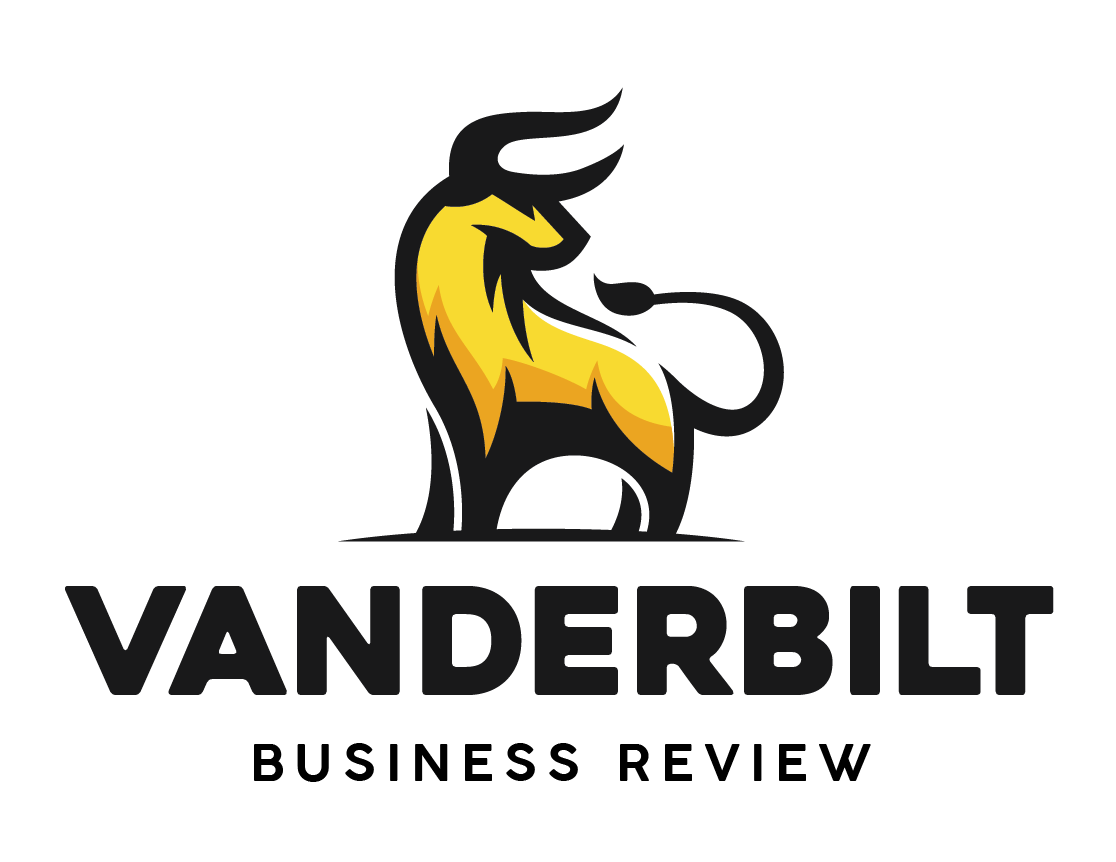Photo taken by Ezra Wang
“This is a whole new team. We got a team full of dogs who prepare every week like they wanna play on Sundays … the only person that knows who’s gonna win on Saturday is God.”
That’s what Diego Pavia said in a press conference, just days before Vanderbilt shocked the world.
Before Saturday October 5th, Vanderbilt was 0-60 against AP top 5 opponents (which are the top 5 performers in a weekly vote taken by 62 broadcasters and sportswriters). Next on their schedule was number one ranked Alabama, which many analysts called the best team in the nation. The two schools have history too – none of which looks good for Vanderbilt. The last time Vanderbilt played Alabama they lost drastically, 55-3.
With all odds stacked against them, thanks to the stellar play by quarterback Diego Pavia and a couple massive turnovers forced by the defense, Vanderbilt “shocked the world,” beating Alabama 40-35. Students surged the field and the entire nation watched. Media attention turned to the game, and the National Collegiate Athletic Association (NCAA), the organization that administers US collegiate sports, took notice. Now, just a few weeks later, Vanderbilt students, faculty, and alumni are left wondering what this means for the future of the school…
The Flutie Effect & the 2007 Fiesta Bowl
Named after Boston College quarterback Doug Flutie, the Flutie Effect describes the increase in media attention that follows a major college sports upset. Similar to Vanderbilt, in 1984 Flutie led the Eagles to a massive upset over the Miami Hurricanes and attracted long lasting attention to the school. In the aftermath, a study conducted by Doug Chung, a marketing professor at Harvard, concluded that the win caused enrollment applications to Boston College to increase by 30% over the next 10 years. Generalizing from this one game, Chung claims applications increase by approximately 17.7% when a school jumps from mediocrity to greatness on the field, suggesting that this win by Vanderbilt could do the same.
Another compelling example to support Chung’s claim comes in the aftermath of the 2007 Fiesta Bowl. After an improbable victory by Boise State, enrollment for the school skyrocketed from 18,876 to 24,145 over the next 12 years. Moreover, in 2018, the president of Boise State, Bob Kustra, shared publically that the win made faculty recruitment easier and directed the state legislature’s attention to supporting the university.
Additionally, a report published in 2019 in the International Journal of Financial Studies provides evidence that supports a positive correlation between athletic achievement and applicant quality and alumni donations. Thus, it’s clearly possible that Vanderbilt will see an improvement in applicant quality and will have more resources pouring in from excited donors.
Recent Changes to Collegiate Athletics: NIL & Transfer Portals
Since changes made to NCAA NIL (name, image, and likeness) rules, collegiate athletes are allowed to profit off of their name, image, and likeness. These changes are important to college recruits, who are more incentivized than ever to be in the limelight.
This change has influenced potential commits to pick more lauded college programs to build their brand. Since the unprecedented and highly publicized win against Alabama, Vanderbilt football is in a position to benefit from these changes, potentially bringing new talent.
An example of this can be found in three star Tennessee linebacker Austin Howard, who was a Vanderbilt commit before recommitting to Misssissipi state shortly before NIL rule changes. However, directly following Vanderbilt’s win against Alabama, he decommitted from Mississippi state, citing a large possibility of joining Vanderbilt once again.
Furthermore, the win against Alabama has already affected the NIL status of current Vanderbilt Football players. Quarterback Diego Pavia has seen incredible NIL attention since the game, with his valuation shooting up to over $700,000 alongside a line of branded merchandise. After the win, he took to X, hoping to build better deals with esteemed brands such as Nike and Ferrari.
What Can We Expect for the Future of Vanderbilt?
Like with the other examples, this win for Vanderbilt could have astronomical effects. More applications, higher enrollment rates, more NIL money for players, and increased recruiting could all lead to a better team and a better Vanderbilt. Media is powerful, and the attention Vanderbilt has gotten from the game could well propel both its football team and the school itself into the conversation of elite schools across the nation.
The biggest thing? The effects snowball. More applications and more enrollment leads to larger NIL deals, even better recruitment, and even greater wins in the future. One big win could get that cycle started for a school and change it all – will this be the one for Vanderbilt?



